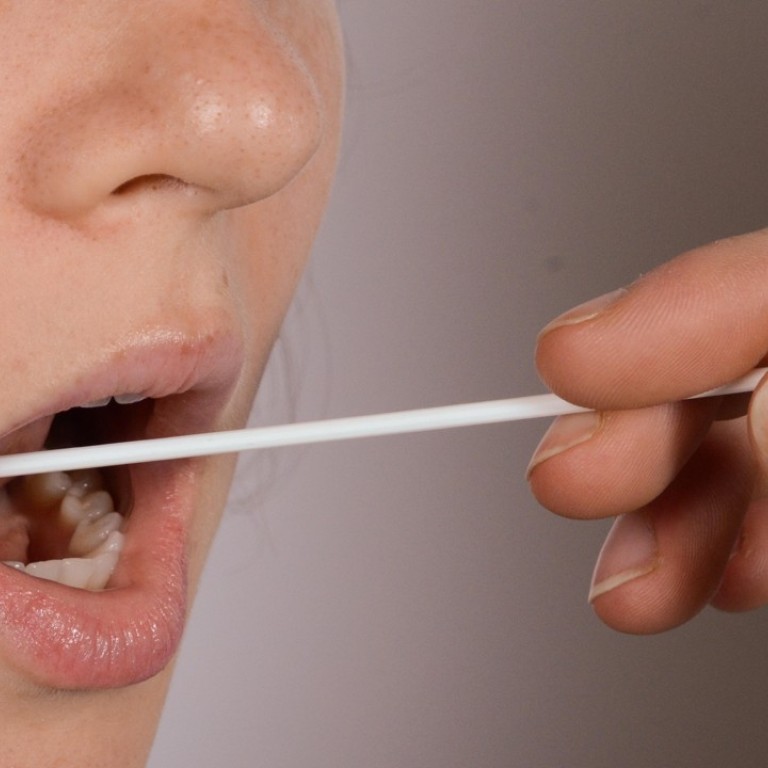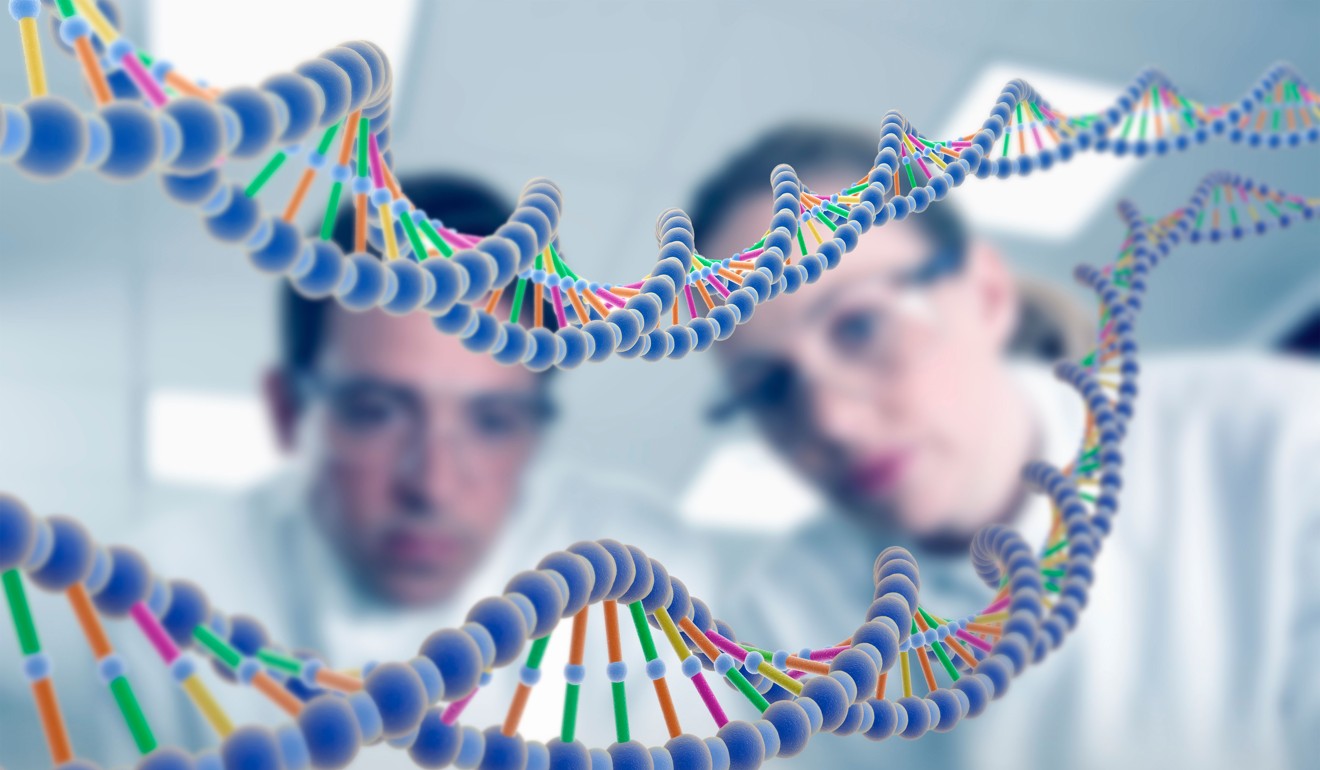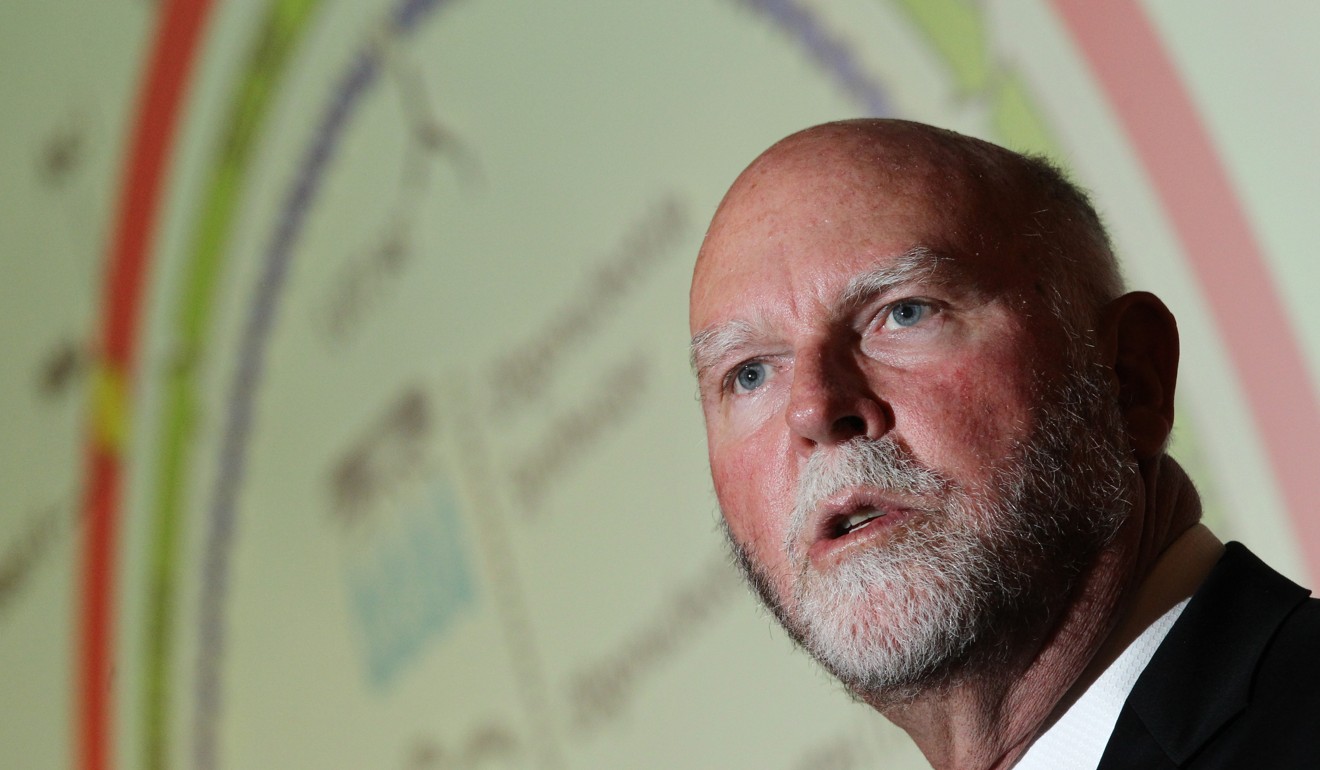
How staggering advances in DNA testing help our lifestyle choices
A test costing less than HK$5,000 can tell you which diets, supplements, and types of fitness training are best for you, but make sure the company involved will protect the privacy of your data
When a team of scientists from six countries cracked the human genome project, it was a seminal moment for biological and scientific research, the culmination of 13 years’ work and almost US$3 billion in public funding.
But considering the scope of the 2003 feat – identifying and mapping all of the genes of the human genome from both a physical and functional standpoint – the time and resources seemed largely inconsequential.
Gene sequencing helps Hong Kong woman know herself better – but not everyone likes how this knowledge is being used
Former Hong Kong resident Dr Anthony Perillo remembers the moment well. Now the senior medical adviser for Medeze, a Bangkok-based stem cell company, Perillo was giving lectures in Hong Kong at the time about the future of medicine and using genomic testing as an example of what was coming, particularly in light of the work that was also done by biotechnologist and geneticist Craig Venter.
“This is going back 15 or 16 years, we were talking then about when Venter finally got his whole genome sequence and he calculated that it probably cost about a billion [US] dollars in private funding and involved 2,000 scientists working on it for three years,” says Perillo. “And now you can get your entire gene sequence done for under 1,000 dollars.”

Technological and scientific advances in DNA testing are evolving so rapidly that one year seems like a lifetime.
“It’s staggering the advances in our company alone over the last year,” says Lance Bennett, co-founder and managing partner of Advanced Genomic Solutions (AGS), one of the first DNA testing companies on the ground in Asia with labs in both Hong Kong and the US.
“A little over one year ago our health and wellness tests could identify 20 genetic variations, now it’s 60. Next year it is likely to be 100 and the number will grow exponentially.”
Bennett says a year ago AGS would be calling companies but now those companies are initiating calls.
“One year ago our report was also very detailed,” he says. “Basically written by PhDs for PhDs. But all the advances have allowed us to simplify the data to a one-page summary which can be easily understood by anyone, although we still give you pages of detailed information to complement it.”
A swab inside the cheek for your DNA ends up with a test report that details proper nutrition and lifestyle choices for you. AGS’ health and wellness test costs HK$4,800, the same price as a year ago.
“We empower clients with their unique genetic data to make smarter lifestyle choices that can tell them which diets, supplements, and types of fitness training are best for them,” says Bennett.
“What has happened in the past year, though, has been a tremendous amount of awareness of genetic testing,” says Bennett, “In Asia, companies are being more innovative and integrating genetic testing at a faster pace than American companies.”
Among the regional companies that have begun offering AGS genetic testing to clients and employees are insurance broker Willis Tower Watson, Pure Fitness and Modern Terminals. One of the largest fitness chains in Hong Kong, Pure is conducting a pilot scheme offering DNA testing to its members through its newly formed Innovation Lab.
“Every individual is unique and DNA testing provides an opportunity to better personalise the client’s training programme,” says John Leung, the Digital Marketing Manager at Pure. “So we decided to introduce the concept of DNA testing into our fitness community and gather feedback on whether we should introduce it as a permanent service.”

Bennett said AGS sales are up 300 per cent over the past year and the global genetics testing market is estimated to reach US$25 billion (HK$195 billion) within the next four years.
With mainstream acceptance – and mainstream money – flowing in, it may seem time to be proactive and embrace the technology. After all, what could be the risk?
“This industry is growing so fast that it is outgrowing regulations,” says Bennett. “People can’t keep up with the benefits and the risks that are associated with it. They have to understand that they need to keep their genetic data as secure as their own private banking details. If you are supplying your genetic data and it’s not kept secure by the testing company, there are a number of issues that arise.”
Perillo says testing companies must be vigilant in protecting data. “If you have certain gene variants and let’s say there is a statistical probability that you are going to develop diabetes, then you are going to cost more to insurance companies if that manifests.”

Leading US-based DNA testing company 23andMe has admitted selling “anonymised” rolls of data to third parties, including pharmaceutical companies, for research purposes but Bennett said his company’s clients had nothing to worry about.
“There is nothing more important to our company’s growth and livelihood than the trust between our clients and us,” says Bennett. “We have stated emphatically that we will not sell any of our client’s data to third parties.
The US Congress recently passed a law that would protect genetic information for medical research participants but in Asia there are no specific laws covering genetic information.
Does your DNA hold the key to a fitter, slimmer you? Ex-rugby pro Alex Poole explains
“It’s also important to remember that amassing genetic data is valuable and much of this data being sold could help cure illnesses and be used for a huge amount of good things,” says Perillo. “It just makes it that much more important that the data is protected and used properly and that companies are very clear about this.”

DNA testing may warn of potential health issues but also shake the pharmaceutical lobby.
“There will come a day that a doctor won’t be allowed to give you medicine unless he knows your body can metabolise the drug he is prescribing,” said Perillo. “One of the things these tests can do is predict whether you are going to respond to a medicine or not.”
“The inevitability of DNA testing is only moving in one direction and that is forward,” says Bennett. “However we all have to be cognisant of the fact that with great progress, comes great responsibility.”

